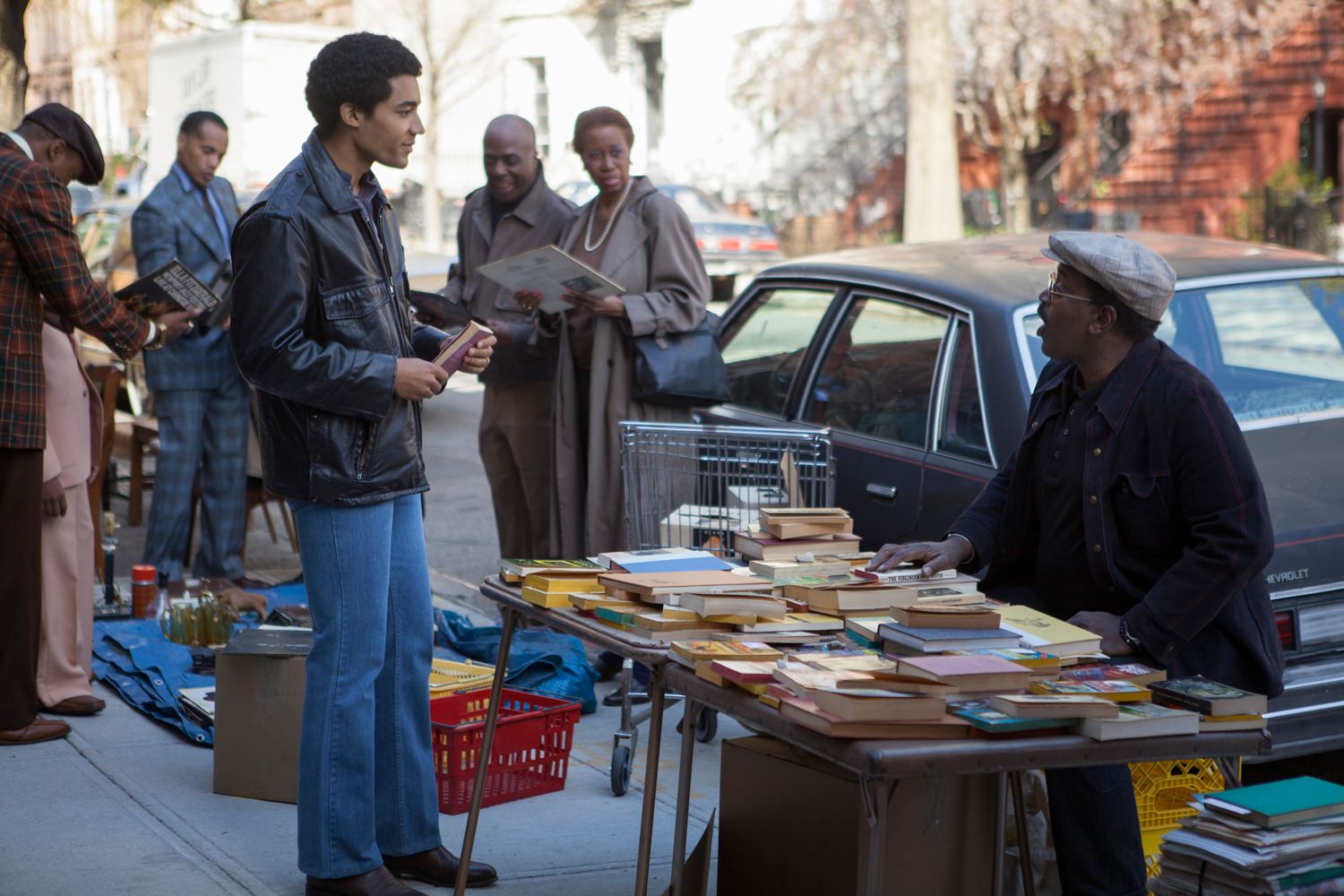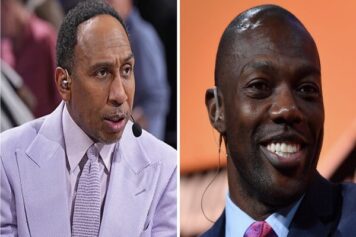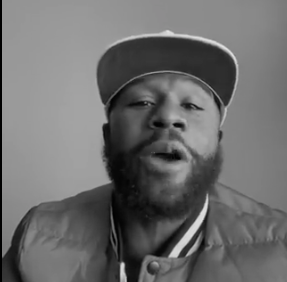There comes a time in every person’s life when he or she must decide precisely what type of person he or she is going to become. While most of us have heard this at some point in our childhood, it isn’t until we’re well into adulthood that it becomes a solid enough concept to pay attention to. Prior to that, life is seemingly all about our wants and desires rather than what is necessary to realize our full potential.
In “Barry”, directer Vikram Ghandi uses the cinematic lens to explore the pivotal point in the life of President Barack H. Obama. The year is 1981 and Barack, still going by the the Anglicized abbreviation Barry, has arrived in New York City as a student at Columbia University for his junior year after transferring from Occidental College in Los Angeles.
Young Obama’s senses are immediately assaulted by the harsh realities of inner city life. As a black man who grew up in Hawaii and is of bi-racial parentage, the onslaught of multiple cultures, ethnicities and points of view begin to elicit his introspection. It is during this time when the future president of the United States gleaned his views on government and diversity as well.

The shots utilized by Ghandi and cinematographer Adam Newport-Berra make sure to frame not only the faces and expressions of the principle characters, but the surroundings as well. The sights, sounds and realities of 1981 New York City are as integral to the film as the characters being portrayed. The nightlife he was introduced to via his college sweetheart Charlotte, the specific graffiti fonts used on the wall, the burgeoning hip-hop soundtrack that blared on the basketball court where he met his friend P.J., who hailed from the Grant Houses Projects and was one of a handful of black students attending Columbia at the time, and the internal angst that Barack suffered in finding his own racial and cultural identity as a young man born of a white mother from Kansas and a Kenyan father who was rarely around.

Actor Devon Terrell is almost perfect as young Barack. His diction, facial expressions and mannerism could not have been articulated better by anyone but President Obama himself. It doesn’t come off as a caricature at all. Maybe it’s because the actor looks so much like the Barack, or maybe it was because Terrell’s game on the court was convincing to even the most discerning basketball connoisseur, but I was hooked by this young man’s performance.
Actress Anya Taylor-Joy plays Charlotte, a beautiful and idealistic young co-ed who captures young Barack’s eye. She is well-traveled and intelligent and it is these qualities that initially draw the two together. Though the fire shared between the two is real, young Barry is visibly torn by both the challenges indicative of cultivating an interracial relationship uptown in 1981, and he is also unsure as to the depth of her affection.
Does she love him for him, or is the relationship birthed from her rebellious spirit? Actress Ashley Judd is a joy to watch in her limited time on screen as Barry’s mother Ann Dunham. A flower child and a bit of a free spirit, her son is visibly conflicted in accessing her flower child view of the world juxtaposed against the realities he is already witnessing in the gritty city. Actor Avi Nash plays Saleem, a Pakistani former student who decided he would rather sniff coke, chase white women and pursue pleasure rather than succumb to the pressure that comes with being a student of color in pursuit of the American dream.

He is important for several reasons. To me, he represents the path Barack could have easily taken as Saleem is constantly pressuring Barry to go beyond marijuana in the ongoing pursuit of escapism. Young Barack Obama’s demons aren’t glossed over at all. They are front and center. His heavy alcohol use, his chain smoking and his affinity for marijuana are presented honestly.
Actor Jason Mitchell appears in the film as P.J. Those who have seen him in such films as Straight Outta Compton and Contraband know he has the chops to stand alongside just about any actor. He is especially important because he represents sort of an avatar from which Obama got his swagger. Barry and P.J. meet on the basketball court and become fast friends as two of only a handful of people of color enrolled at the Ivy League institution.
While young Barry is still unsure of where his life path will lead, P.J. cites his upbringing in public housing as his catalyst to pursuit a life of economic success. P.J. and his crew represent the pathway to which Barry began to access his “blackness”.
There is also a pivotal sequence where P.J. jokingly takes young Barack on a guided tour of New York’s infamous Grant Houses. It is here that the future president is introduced to the realities of black life in New York City; which includes drug abuse and toxic masculinity.
Major props to screenwriter Adam Mansbach for his ability to create crisp and intelligent dialogue that also acts to reveal the character of the individual, yet is natural and unencumbered with the task of trying to “sound” apropos. Barry is a jewel of an offering and would be a great success on the big screen. The fact that it’s on Netflix makes it even better. The score is ridiculously soulful! Loved it.
Barry is a damn good film, with damn good direction, and damn good actors. With support from actress Famke Janssen, Linus Roache, Ellar Coltrane, Tommy Nelson and Markita Prescott, Barry is a full-bodied, honest and unfiltered look at a man who would one day be president. It is a must see.



